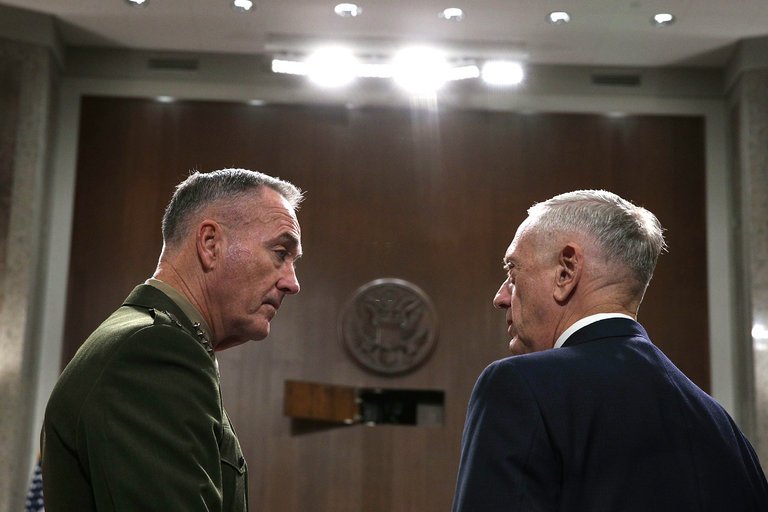Localities Key to Preventing New Front in Afghan Civil War By Jalaluddin Jamshidy
Recent attacks in Afghanistan have challenged government control over its sovereignty, enraged political and public sects, and eroded nearly all remaining optimism. Follow the devastating attacks in Kabul, Herat province experienced another attack this week, killing seven people and wounding 15 more. At the time, Kabul was hosting a conference on peace and security, attended by 23 nations, including representatives from the U.S., E.U., China and Russia.
Recent challenges have antagonized internal distrust, a long standing problem. Jamiat-e Islami, a political party filled with prominent warlords who fiercely fought against the Soviet Union, has demanded the resignation of national security leaders. The party, led by Salahuddin Rabani, did not attend the peace conference and has held emergency meetings in efforts to develop a substitute, interim administration better equipped to address security challenges.
Part of this is motivated by the president’s strategy of pushing back against prominent public figures, including warlords. President Ghani has been criticized for being an “autocratic micromanager and a remote academic with no feel for the common man.” Several major provinces, including Herat, are governed by interim representatives who are not granted an official title or authority.
The Taliban understands they cannot regain control of government outright. Their strikes (conducted independently or coordinated with other groups) are aimed at generating public disarray, prompting internal conflict, and ultimately government collapse.
President Ghani and Jamiat-e Islami members must seek to quickly resolve their differences. The president, in particular, must work with others to restore public confidence, including political and tribal leaders, even warlords. No national government will be successful in Afghanistan without building support among local leaders.
Jalaluddin Jamshidy is a government student at Utica College.





